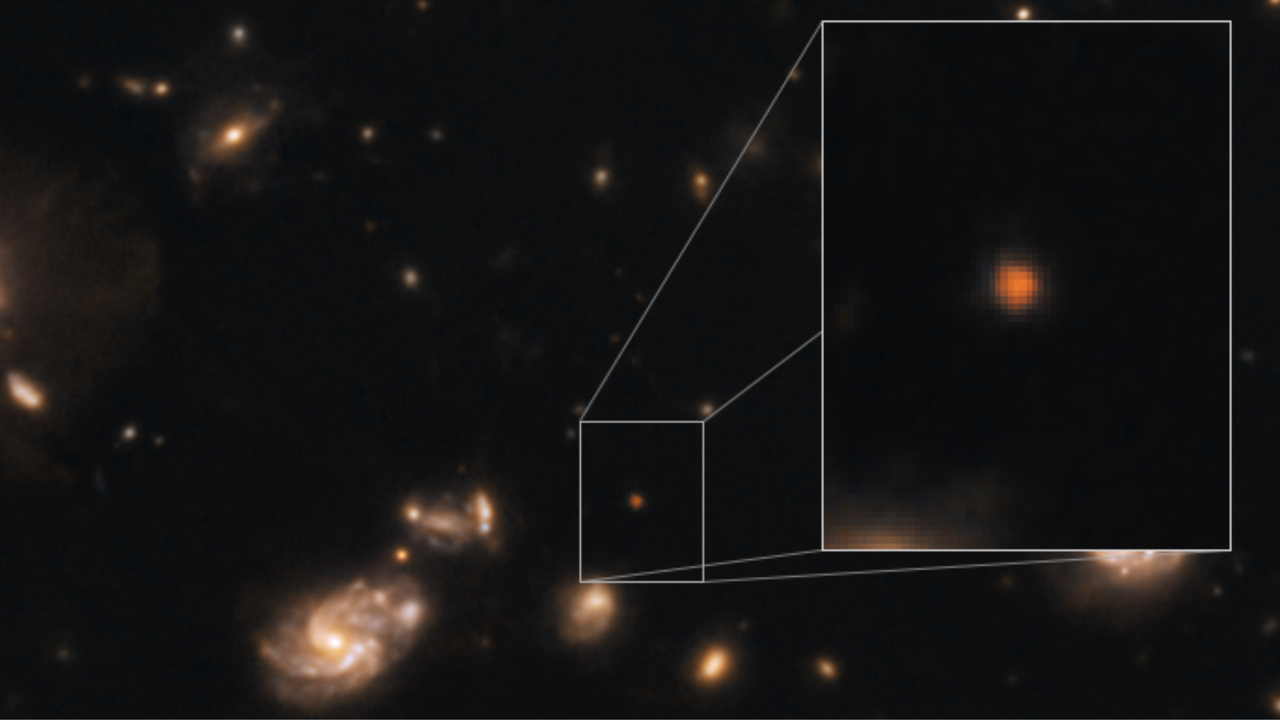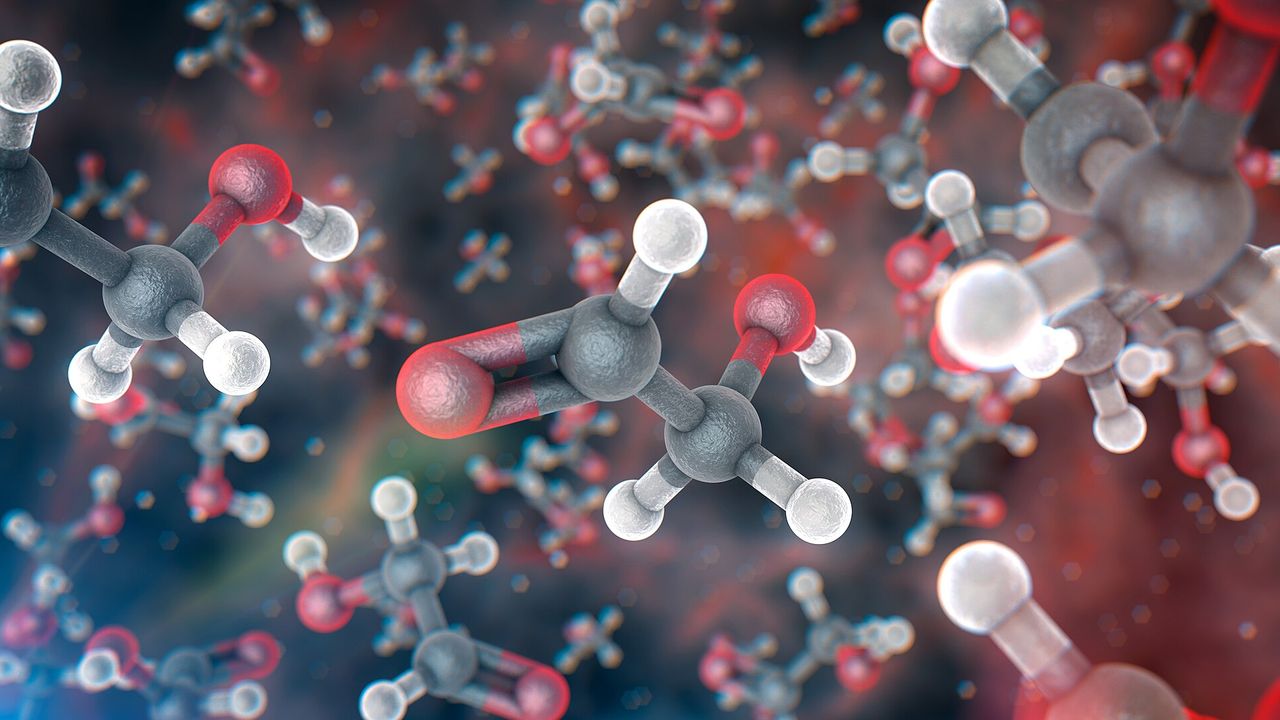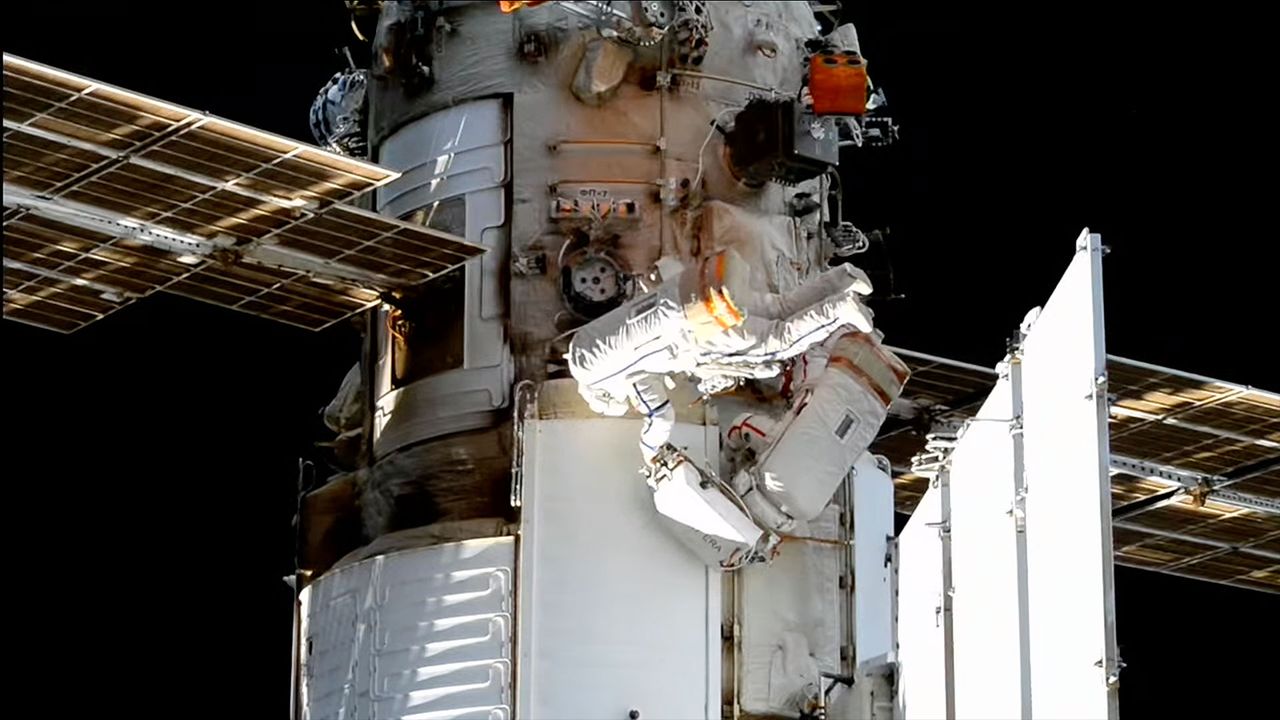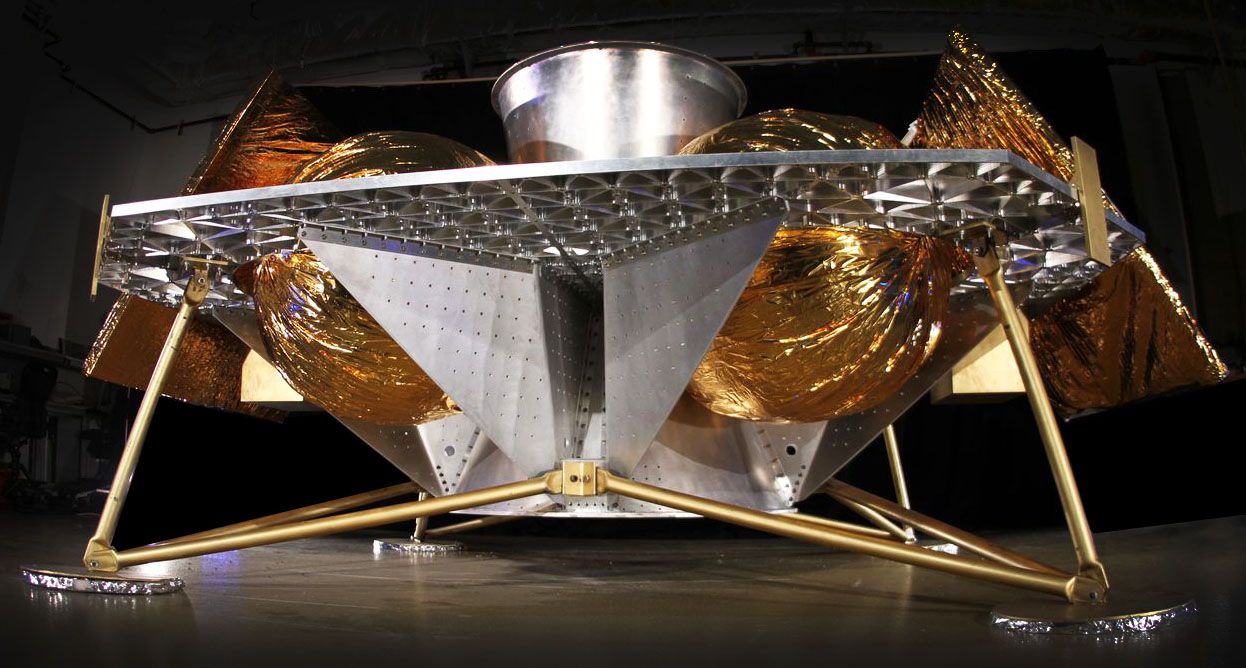Building blocks of life detected in ice outside the Milky Way for first time ever
PositiveScience
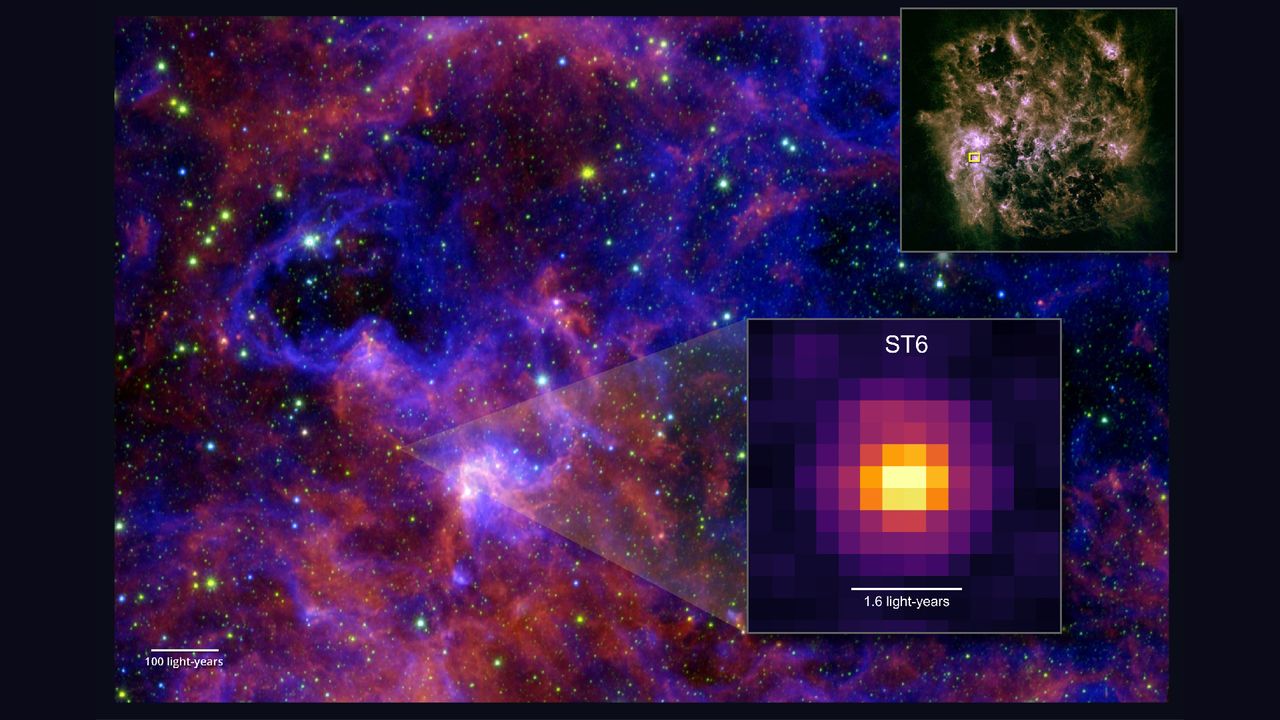
Exciting news from the cosmos! The James Webb Space Telescope has made a groundbreaking discovery by detecting five complex organic molecules in the ice surrounding a star outside the Milky Way. This finding suggests that the building blocks of life could be more common in the universe than we previously thought, opening up new possibilities for understanding life's origins beyond our planet.
— Curated by the World Pulse Now AI Editorial System
